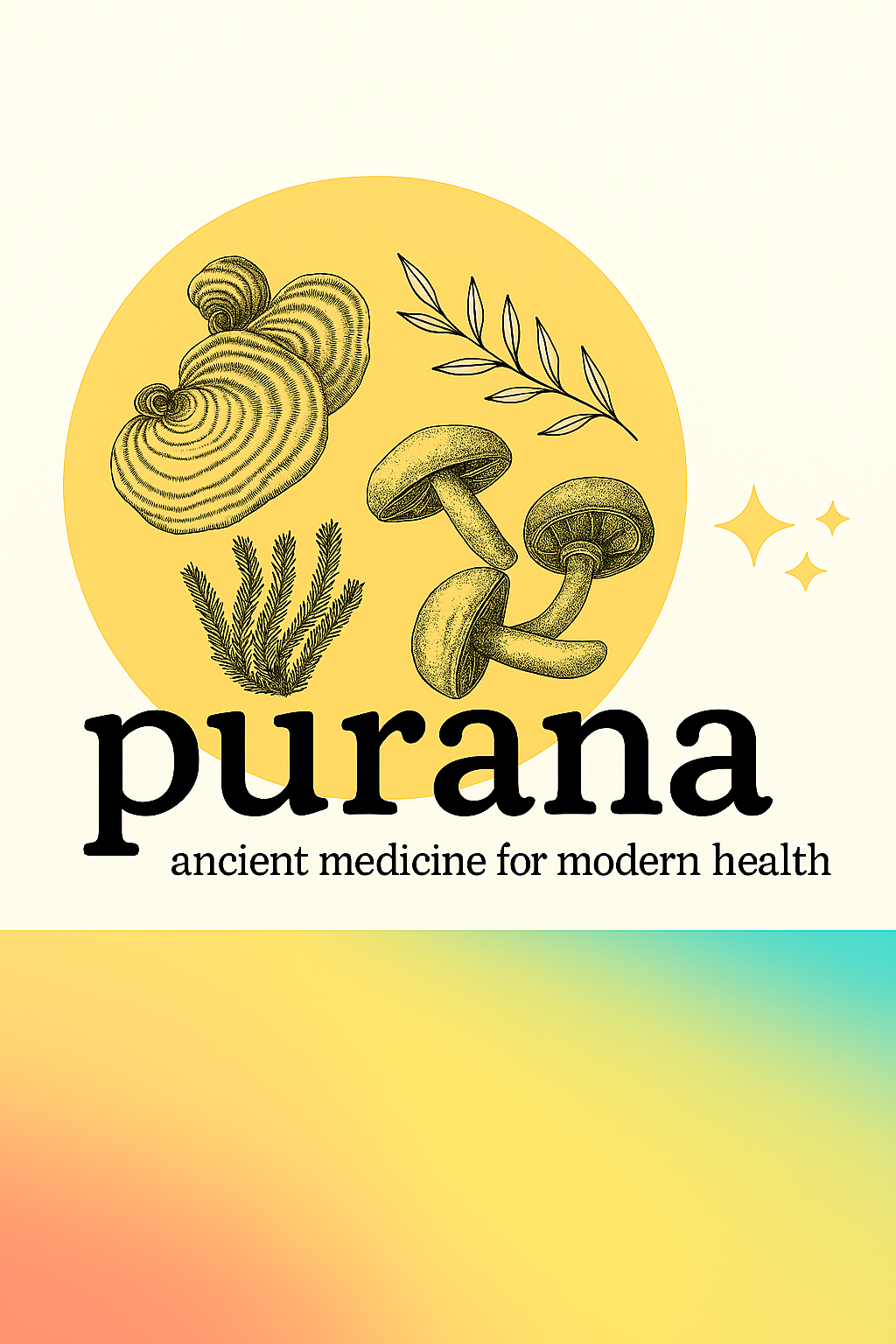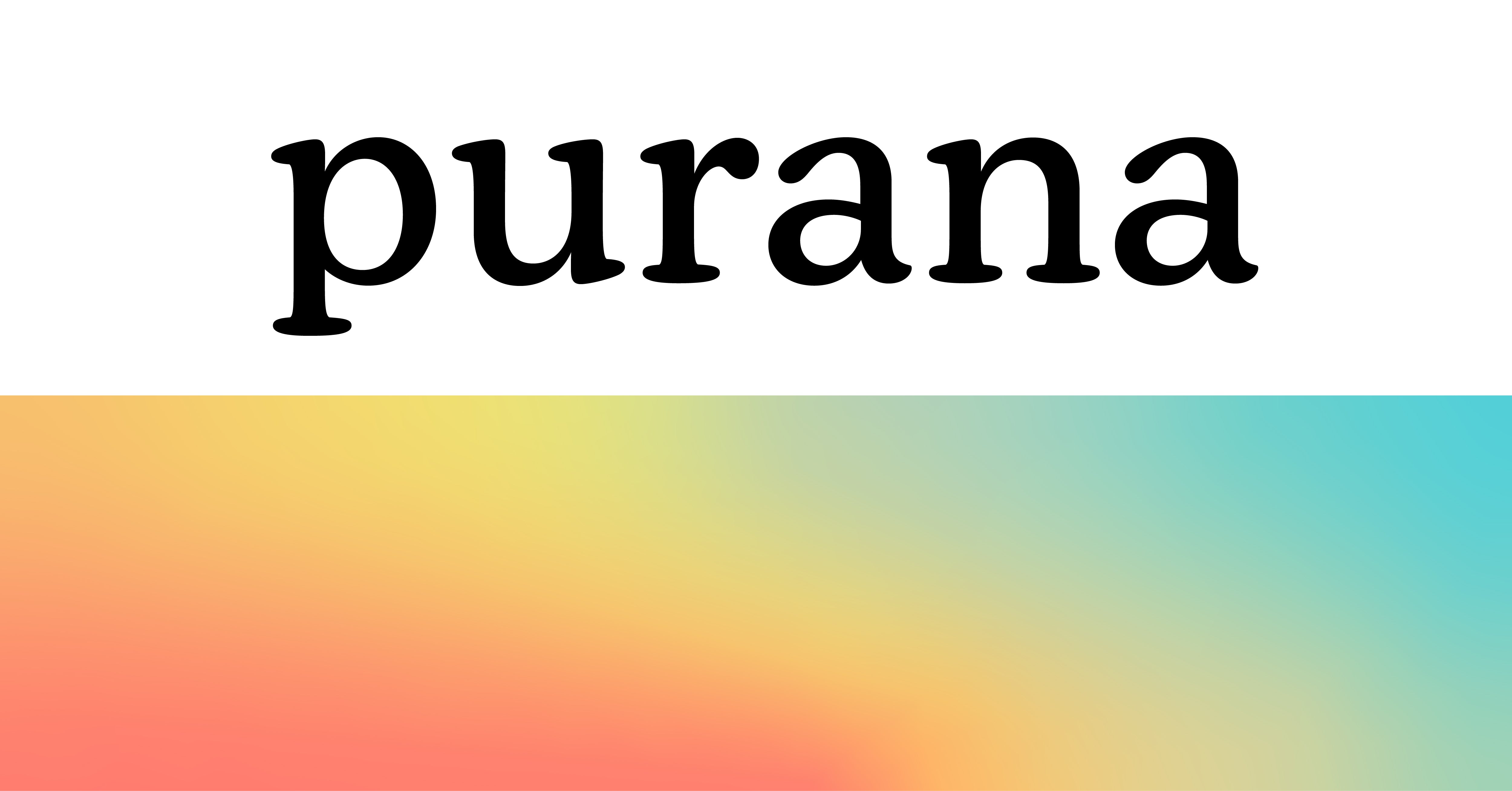
Fruiting Body vs Mycelium – What’s the Real Difference?
Reid Parr | WBN News – Vancouver | July 16, 2025 Subscription to WBN and being a Contributor is FREE
Before we even get to the extraction method or active compounds, the first question in choosing a mushroom supplement should be: Is it made from the fruiting body or the mycelium? These two parts of the fungal life cycle are radically different in structure, purpose, and medicinal potency.
Spores, Mycelium, Fruiting Body – A Quick Biology Recap
Mushrooms start as microscopic spores that sprout into mycelium—a root-like web that digests dead organic matter in the soil or substrate. This stage is essential for the life of the fungus and the forest. Often dubbed “the internet of the forest,” mycelium connects plants underground, exchanging nutrients and even signaling distress.
Given the right conditions—moisture, temperature, oxygen—the mycelium forms primordia that grow into the fruiting body, the visible mushroom we recognize. This above-ground structure’s purpose is reproduction. It’s also where the mushroom concentrates its most powerful medicinal compounds to defend itself and complete its lifecycle.
Mycelium in Supplements: A Subtle Shortcut
When mushroom supplements are made from mycelium, they’re usually grown on sterilized grains like brown rice or oats in sterile lab conditions. But here’s the issue: when harvested, the mycelium is nearly inseparable from its substrate. This means that often a large portion of the final powder isn’t mushroom—it’s grain filler.
While some companies may market mycelium as “full spectrum” or “whole mushroom,” it’s important to know:
- The active compounds in mycelium are far fewer and less studied
- Substrate contamination dilutes medicinal potency
- Labels may not clearly disclose how much of the powder is mushroom vs filler
Fruiting Bodies: The Gold Standard
Fruiting bodies are rich in triterpenes, nucleosides, peptides, beta-glucans, ergosterol, hericenones, statins, antioxidants, and more. In fact, research shows they often contain 15 to 500 times the concentration of key compounds compared to mycelium.
Fruiting bodies also undergo more rigorous scientific evaluation. Traditional Chinese Medicine (TCM), as well as modern clinical studies, overwhelmingly use fruiting body extracts—not mycelium.
If you want medicinal effects for brain, endocrine, cardiovascular, liver, or metabolic health, fruiting body extracts are more abundant source of power.
Key Takeaway
Mycelium plays a vital ecological role—but in most supplement formulations, it’s an economical shortcut that dilutes potency. If you're serious about the benefits of functional mushrooms, look for products that use 100% fruiting body extracts, clearly state extraction methods, and provide third-party testing to verify active compound content.
Reid Parr | WBN News – Vancouver Subscription to WBN and being a Contributor is FREE
 Purana Health
Purana Health
Coupon Code (15% off): KGreer15
Editor: Karalee Greer
TAGS: #Reid Parr #WBN News Vancouver #Purana Health #Mushroom Supplements #Brain Health #Functional Mushrooms #Medicinal Mushrooms
Disclaimer
This article is for informational and educational purposes only and is not intended as medical advice, diagnosis, or treatment. The content reflects the author’s interpretation of available research and traditional practices and should not be used as a substitute for professional medical advice. Always consult with a qualified healthcare provider before starting any new supplement, dietary, or health regimen. Statements regarding mushroom extracts and their effects have not been evaluated by the FDA or Health Canada.




